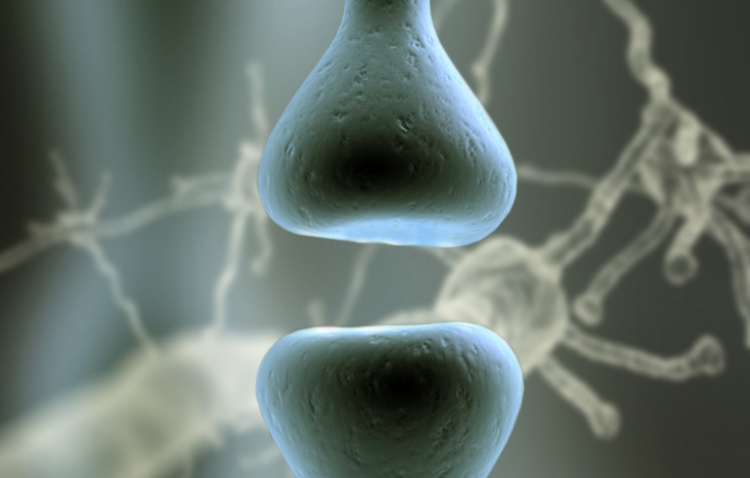Neurodiversity
Neurodivergent conditions result from variations in neurological functioning. They are also referred to as ‘specific learning difficulties’.
- Up to 10% of the population show some signs of dyslexia.
- About 5% of the population has dyspraxia.
- Around 1% of the population is autistic.
- Approximately 5% of the population has Attention Deficit Hyperactivity Disorder (ADHD).
It is not uncommon for people to have more than one of these conditions. Many people reach adulthood without their difficulties being formally recognised despite the significant impact that they have on day-to-day living.
- If you have weaknesses in particular skills which are out of kilter with your general level of functioning then you may have a neurodivergent condition.
- This can be confusing both for you, and for those around you, and may lead to distress and misunderstanding.
- It also often leads to underachievement and concerns about being able to cope with new situations such as beginning a new job or a new programme of study.
- It is not unusual for those with a neurodivergent condition to experience difficulties meeting the demands placed upon them and, in some cases, individuals may lose their jobs or be unable to complete their studies.
Those who feel that they may have a neurodivergent condition often benefit from gaining an objective, evidence-based view of their difficulties from an expert such as Louise who listens carefully to their concerns, is sympathetic, takes individual differences into account, and is able to suggest practical ways of managing areas of weakness.
- To allow you to find out whether or not you have a particular syndrome.
- To enable you to explore your strengths and weaknesses.
- To ensure that your needs are formally recognised.
- To identify adjustments that will enable you to succeed.
- To support applications for funding (such as Disabled Students’ Allowances DSAs or an Access to Work grant).
- To support applications for access arrangements for examinations and assessment centres.

Training and Coaching
Latest News
Locked Down with ADHD
During the sixth week of the 2020 coronavirus lockdown, I spotted a comment on social media written by a young woman. She mentioned that having ADHD at this time led to some particular challenges and kindly agreed to be interviewed about her life before and during lockdown. Her name has been changed to protect her
Studying with ADHD: challenges and solutions
I recently ran a workshop for university staff who support students with ADHD. Delegates were surprised at the extent of the difficulties which may face these students throughout each day, and at the students’ resilience and determination. As well as discussing potential challenges, we shared ideas about managing ADHD at university. In this post, I
Growing up with dyspraxia
This interview with a university student provides some interesting insights into how dyspraxia may affect people throughout their lives. It also shows how, with determination, and some appropriate support, dyspraxia need not be an obstacle to success. Some details, including the student’s name, have been changed. Louise: How does being dyspraxic affect you? Paul: Dyspraxia












